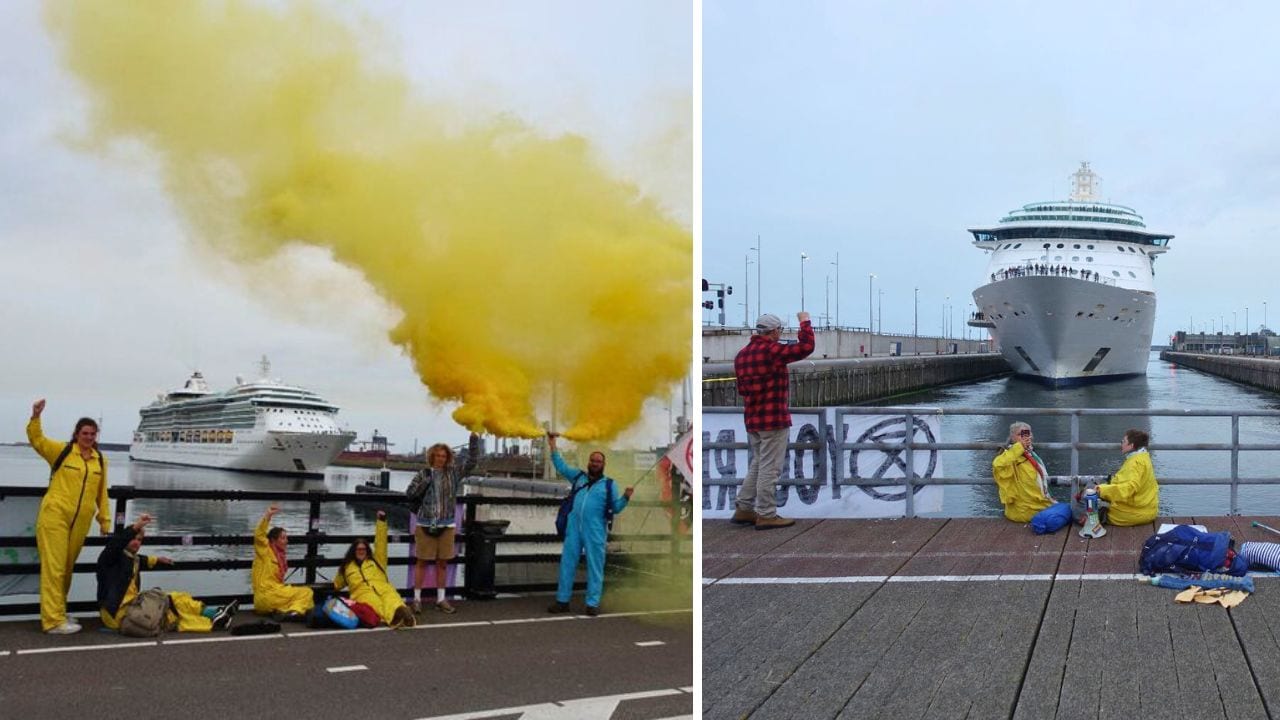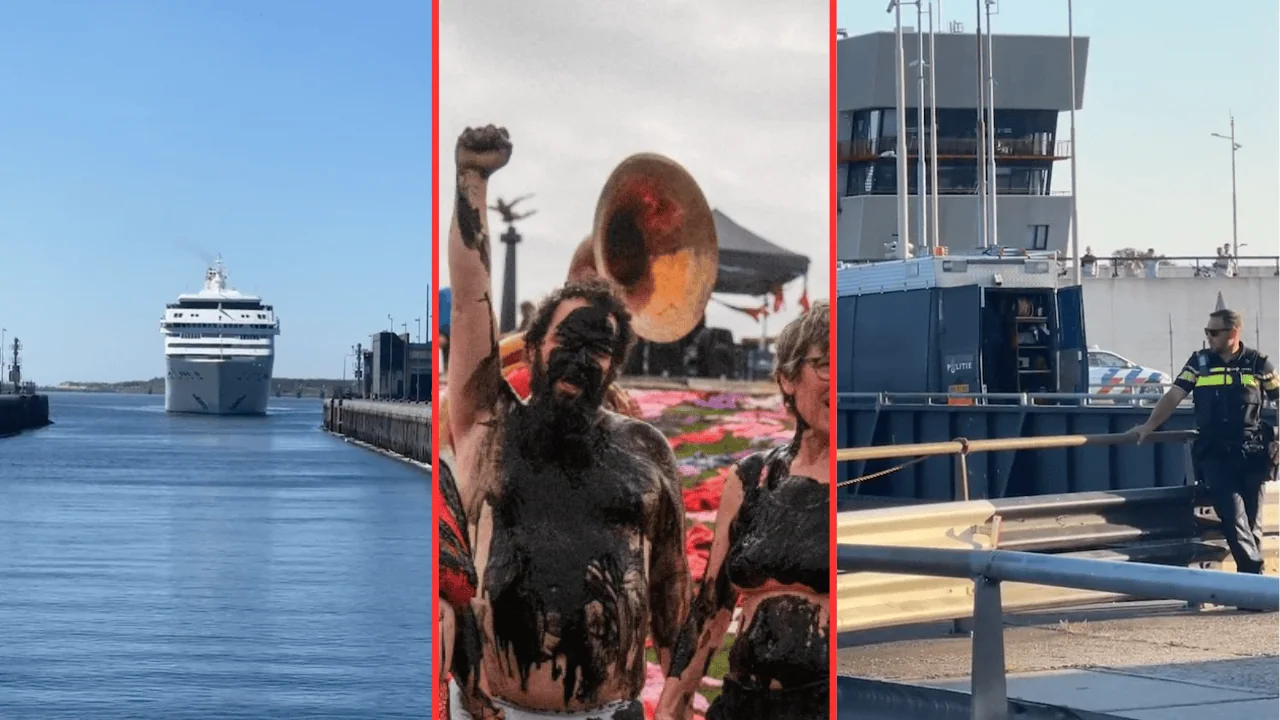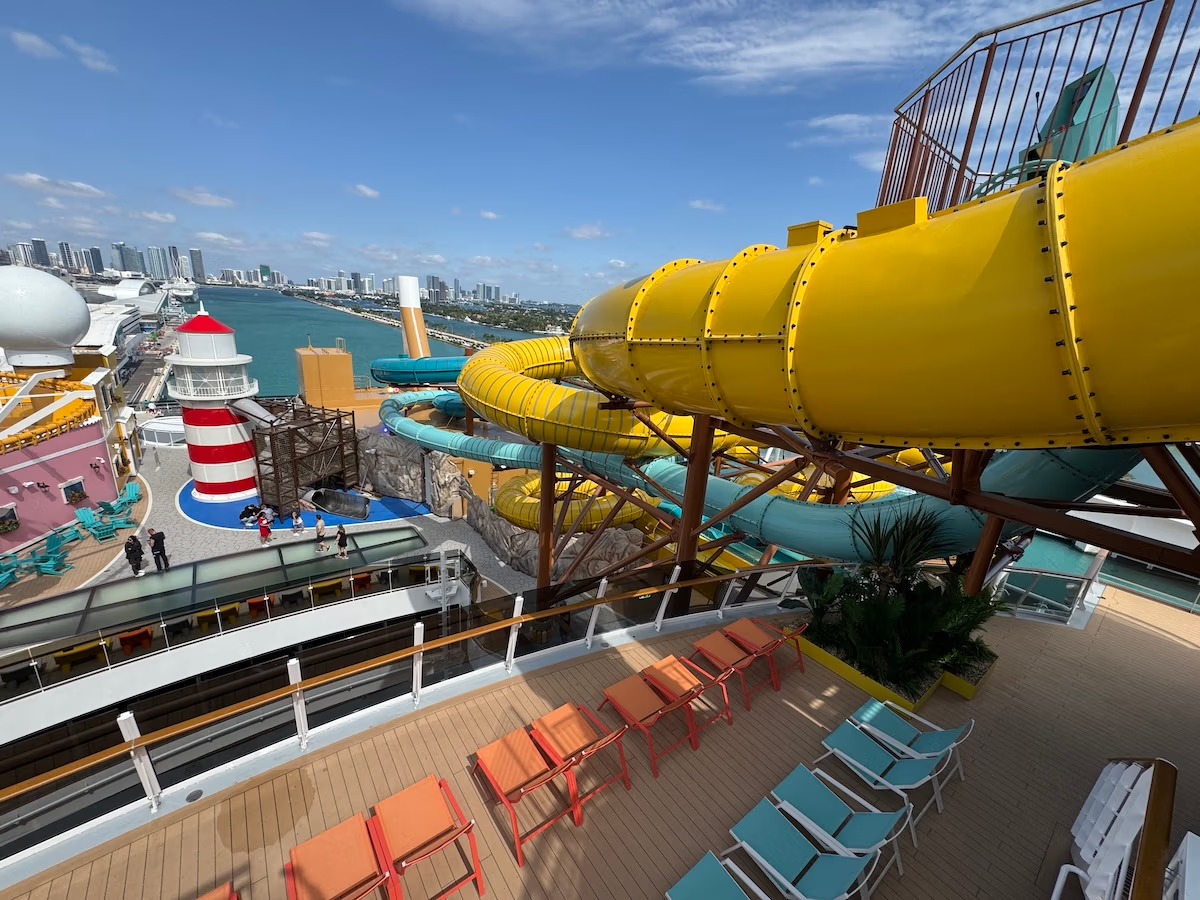Cruise Port Amsterdam is drafting contingency plans after protestors interrupted two cruise ships last weekend.

Protesters from Extinction Rebellion, a Dutch environmental activist group, recently targeted cruise vessels calling on Amsterdam by chaining themselves to a bridge that led to the city’s central access lock. Their actions disrupted the itineraries of Jewel of the Seas and the Seven Seas Mariner and hundreds of passengers’ plans.
Authorities eventually decided to have the protesters removed after the second vessel, Seven Seas Mariner, experienced a three-hour delay.
According to Dick De Graaff, the managing director of Cruise Port Amsterdam, protocols are being developed by the police, the mayor of Velsen, and the Public Prosecution Office in case similar rallies happen again.
Why Did Extinction Rebellion Hold Protests?

The group regards cruising as an unnecessary evil. It claims emission-free fuels are only produced in small amounts that cannot sustain shipping operations.
Its latest protests called on the Dutch government to establish a separate cruise tax. The funds would go toward developing low-emission fuels that could be produced at scale.
The Cruise Industry’s Response

DeGraaff responded, saying that personal perceptions rather than facts often drive anti-cruise protests like the one held by Extinction Rebellion.
A representative from the Cruise Line International Association (CLIA) reasoned that the cruise industry has shown its unquestionable commitment to operating in responsible and environment-friendly ways. They added that the industry has invested billions in environmental technologies and measures that have yielded good results.
| Additionally, cruise lines are designing ships that operate more sustainably. “Already today, cruise lines are building and introducing the ships of the future which will run on new, more sustainable engine technologies,” Travel and Tour World quoted CLIA. However, the organization is also concerned by the methods employed by protest groups. “While we respect the right of people to hold and express different views, we take exception when the expression of those views ignores facts, impedes on the rights of others, or, worse, creates safety and security concerns,” the spokesperson stated. |
Instead of public demonstrations and disruptions, CLIA said that a productive, collaborative, and responsible approach is the most effective course of action for everyone.
Situated in the capital’s North Sea Canal, the Ijmuiden sea lock is owned by the Ministry of Public Works and managed by the Amsterdam Port Authority.
When Extinction Rebellion blocked the vessels’ entry, they had to dock outside the city while cruise lines transported their passengers to Amsterdam by bus.






